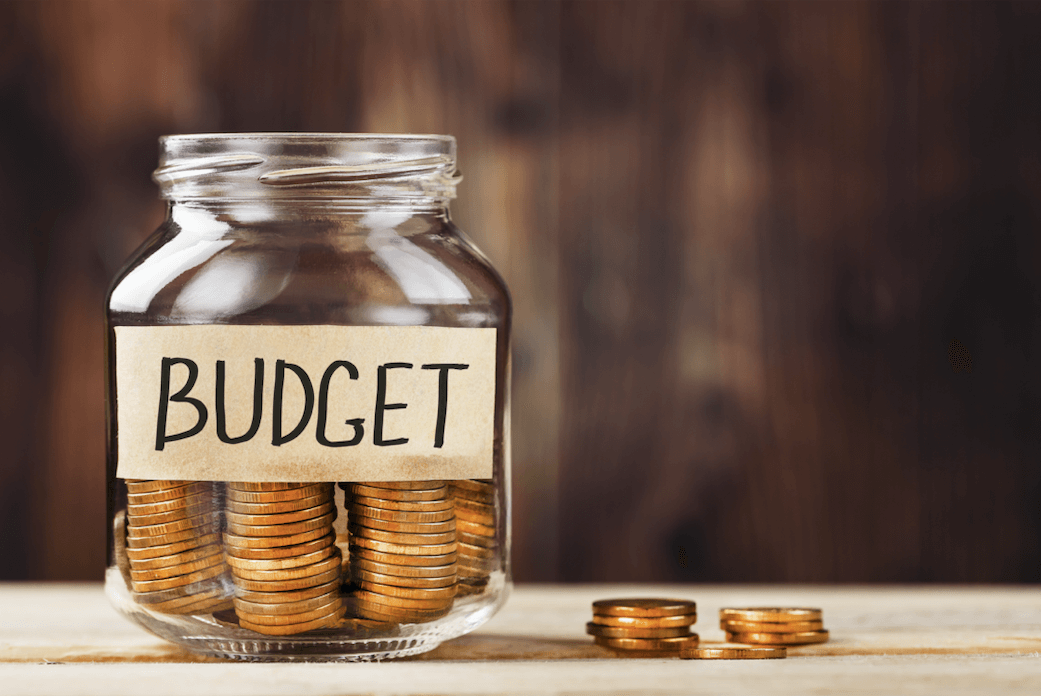
Budgeting Basics –
How to Start a Budget:
You don’t need expensive software or complicated spreadsheets to start a budget. A simple Excel sheet or even a pen and paper will do the trick. If you prefer a digital approach, there are plenty of budgeting apps. Free options like Mint and EveryDollar or paid solutions like YNAB. Regardless of the tool you choose, the first step is always the same: understanding exactly how much you earn and spend each month! If you’re a salaried employee, this is relatively straightforward. If your income fluctuates, it may take a little more effort. But once you have a clear picture of where your money is going, you can take control of where it should go moving forward.
That’s the key! Budgeting isn’t about restriction, it’s about intention. It’s a foundational step in building long-term financial success. Not everyone needs to budget forever. If you’ve already established strong financial habits, automated savings, and aren’t stressed about your spending, you may be ready to transition to a cash flow management plan instead. But for those still building financial discipline, budgeting is one of the most effective ways to stay on track.
Budgeting Ground Rules
- Prioritize Investing 15% of Your Gross Income for Retirement
Before allocating funds to other expenses, pay yourself first! Ideally, you should aim to invest 15% of your gross income for retirement. That may not be feasible right away, especially early in your career, but the key is to start. Even if it’s just $20 a month, beginning the habit of investing is what matters. The closer you get to that 15% target, the more financial flexibility you’ll have elsewhere!
- Keep Housing Costs Below 31% of Your Gross Income
Housing is often the biggest line item in a budget, so keeping it in check is critical. Aim to keep your mortgage or rent—plus property taxes and insurance—at or below 31% of your gross income. If you live in a high-cost area and staying within that range isn’t realistic, you may need to adjust spending elsewhere. The good news? If you’re consistently meeting your retirement savings goal, you’ll have more room to customize the rest of your budget.
- The Rest is Up to You!
Beyond retirement savings and housing, how you allocate your remaining income is largely a personal decision. There’s no strict rule on how much to spend on dining out, travel, entertainment, or hobbies. If you’re hitting your savings targets and keeping debt in check, the rest of your budget is yours to enjoy. Whether that means annual vacations with family, nights out with friends, or upgrading your tech, what matters most is that your spending aligns with your priorities.
What Comes After Budgeting?
Once managing your money becomes second nature, you may find that strict budgeting is no longer necessary. Some prefer to continue tracking every dollar because it helps them optimize savings, while others transition to a more fluid cash flow approach. No matter which path you take, one rule remains the same—keep investing 15% of your income for retirement.
Reviewing the Budgeting Process
Not sure where to start? Here’s a simple framework for building and maintaining a budget:
- Choose Your Tool. Whether it’s a spreadsheet or an app, pick a system that works for you. You can always switch later.
- Know Your Numbers. Understanding your income and spending patterns is the foundation of any budget.
- Plan Your Budget. Allocate your money with key principles in mind: invest for retirement, keep housing costs reasonable, and spend on what matters to you.
- Track Your Progress. Regularly check in to ensure your budget is working. Adjust as needed.
- Automate Where Possible. Over time, you may reach a point where manually tracking every dollar isn’t necessary. Automating savings and investments can help simplify your financial life.
Budgeting isn’t glamorous, and for many, it’s not fun. It can feel limiting at first, but in reality, a well-structured budget is a tool for financial freedom. The more control you have over your money, the more flexibility you gain in the long run. And while having the discipline to save is one thing, knowing what to do with that savings is another. The key is to start—and stick with it.
